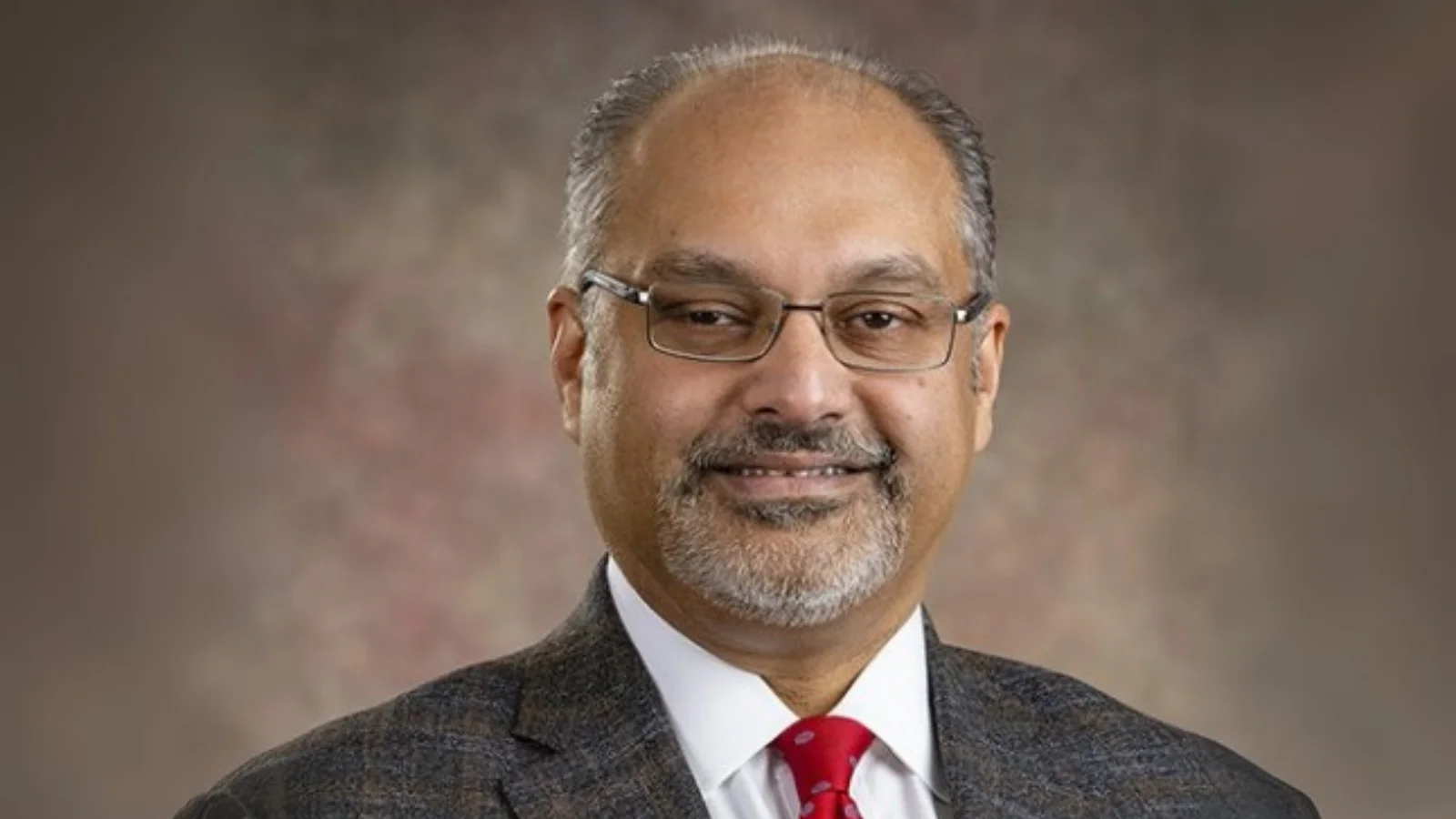Imran Andrabi, MD, FAAFM President and CEO | Thedacare Regional Medical Center-Appleton
Imran Andrabi, MD, FAAFM President and CEO | Thedacare Regional Medical Center-Appleton
High cholesterol remains a significant health concern in the United States, with nearly 25 million adults affected and another 86 million at borderline levels, according to the Centers for Disease Control and Prevention. ThedaCare is working to raise awareness about this often undetected condition, which can lead to serious health issues such as heart disease, stroke, peripheral artery disease, and high blood pressure.
Because high cholesterol typically presents no symptoms, many individuals may be unaware they have it. This lack of awareness can prevent people from seeking treatment or making lifestyle changes that could lower their risk of complications.
“The first step is knowing your cholesterol levels,” said Dr. Abdulmohsin Ahmadjee, a Cardiologist with ThedaCare Cardiovascular Care. “From there, your cardiologist or primary care provider can work with you to manage and treat your high cholesterol.”
Cholesterol serves essential functions in the body, including building cells and producing vitamins and hormones. However, excessive amounts—especially low-density lipoprotein (LDL), known as "bad" cholesterol—can cause plaque buildup in arteries. This increases the likelihood of heart attack, heart disease, and stroke. High-density lipoprotein (HDL), or "good" cholesterol, helps remove excess cholesterol from the body.
A lipid panel blood test measures total cholesterol, LDL, HDL, and triglycerides (a type of fat stored from dietary intake). General guidelines suggest total cholesterol should be below 200 mg/dl; LDL below 100 mg/dl; HDL above 60 mg/dl; and triglycerides below 150 mg/dl.
“It’s tempting to focus on numbers alone, but it’s not always that simple,” Dr. Ahmadjee said. “Your primary care provider will assess your complete health picture to help determine if your cholesterol levels are of concern.”
Providers take into account factors such as age, gender, family history, and other risks when deciding when patients should begin regular lipid testing and how often it should be repeated.
“When you stay on top of routine care, your primary care provider can more effectively help you track and manage your cholesterol and other heart health risk factors,” Dr. Ahmadjee said. “Certain factors can increase your risk for developing high cholesterol. Some of these you can control, some you can’t.”
Risk factors include type 2 diabetes, obesity, family history of high cholesterol, poor diet choices, sedentary lifestyle habits like lack of exercise or smoking tobacco products; age also plays a role as risk increases over time—and women face increased risk after menopause.
Dr. Ahmadjee outlined steps for prevention: “Eating a healthy balanced diet; maintaining a healthy weight; exercising regularly; quitting smoking; limiting alcohol.” He added that while these changes are important for reducing risk or managing existing high cholesterol levels—sometimes medication is necessary.
Common medications include statins—which block substances needed by the liver to produce cholesterol—as well as absorption inhibitors or drugs targeting high triglycerides.
“Any medication you take can work in concert with healthy lifestyle steps that your doctor recommends,” Dr. Ahmadjee said. “It’s important for you to take medications as directed, as they can help reduce your risk for heart attack and stroke. If you’re experiencing bothersome side effects, talk with your provider.”
For additional information about managing cardiovascular health or understanding treatment options related to high cholesterol levels at ThedaCare Cardiovascular Care visit https://thedacare.org/services/heart-vascular-care/.




 Alerts Sign-up
Alerts Sign-up